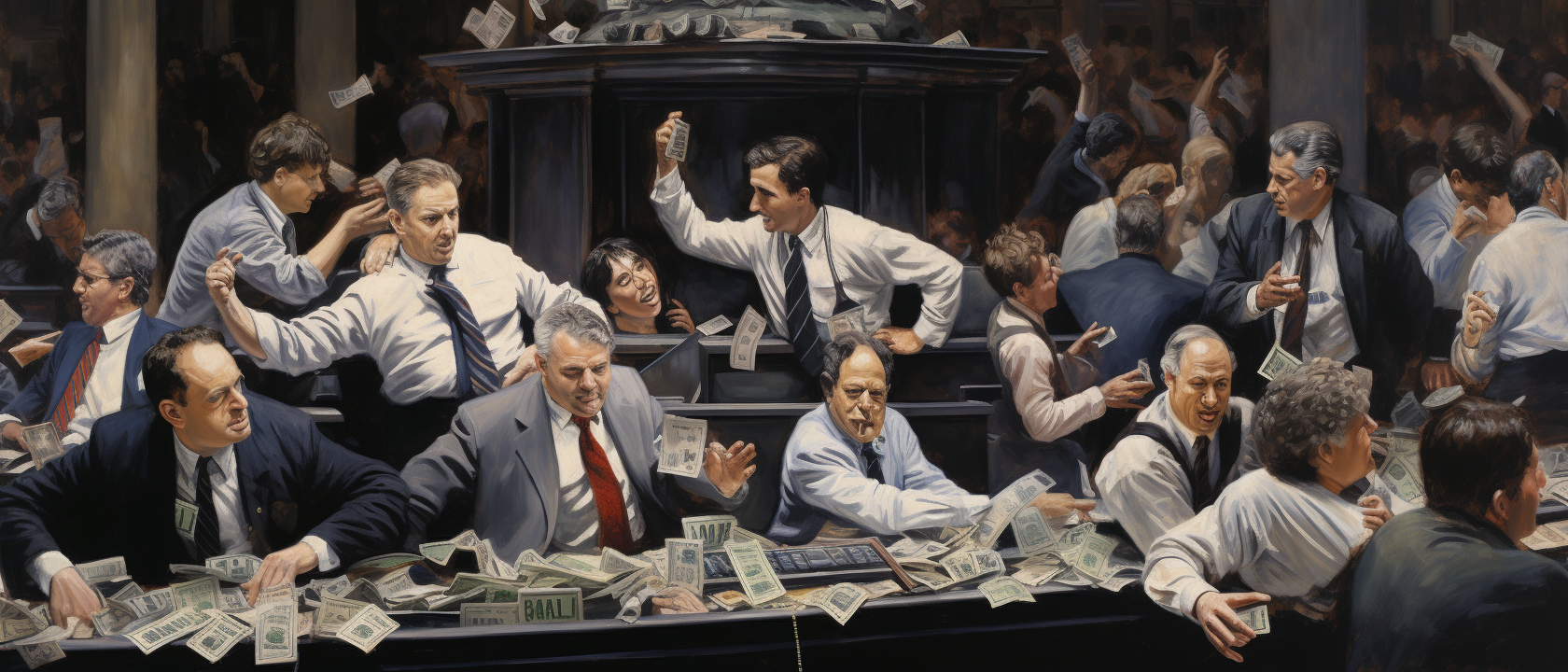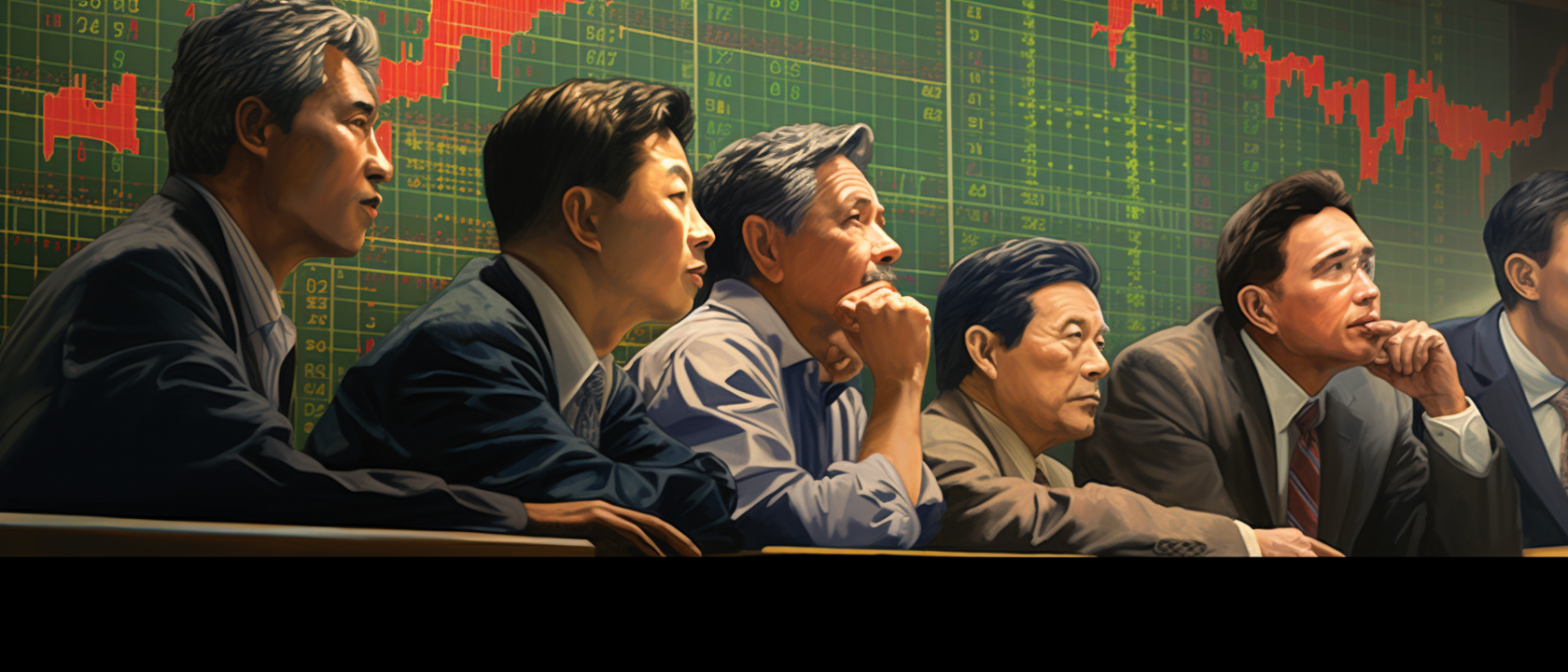
Earlier today the Federal Reserve Bank of New York released a report on the state of consumer credit. Dissecting data across student, auto, mortgage credit card, and other similar types of loans that US consumers have taken out and painting a bleak picture of the state of the average American.

A thought-provoking analysis from Guy Swann debunking the myths surrounding national debt, emphasizing its serious consequences for the economy and urging individuals to reconsider their investment strategies.

A critical analysis of the U.S. jobs report reveals significant discrepancies, questioning the authenticity of employment growth and average hourly earnings increases. Experts suggest manipulation of data and a disparity between government reports and the economic reality faced by Americans.

The crude oil market is showing signs of weakness, with potential to weaken further amid economic slowdowns across the US and Europe and geopolitical tensions.

The Federal Reserve has signaled that there will be no interest rate cuts in the immediate future, particularly not by March. This forecast aligns with the inflation model predictions, which suggest a stall in the declining inflation rate.

In this episode of The Last Trade, Gary Brode joins Marty, Jesse and Michael to cover a broad range of economic and financial topics, responding critically to Jason Calacanis's optimistic view on the economy, as presented on the All-In podcast.

A recent Intuit study highlights the alarming trend of 'doom spending' among Americans, particularly the youth, as economic stress drives tens of millions to spend beyond their means.

Komal Sri-Kumar forecasts a treasury rally and a decline in the equity market, warning of consumer debt and banking instability potentially leading to Fed rate cuts and recession risks.

The conversation suggests that we are living through an extreme divergence in market signals, reminiscent of the prelude to the 2007 financial crisis, raising questions about potential hidden risks the stock market is overlooking that the bond market might be hinting at.

The embattled property giant, which has been a cornerstone of China's booming real estate sector, has seen its restructuring plan disintegrate, leaving offshore creditors with approximately $20 billion of debt hanging in the balance.

In an unexpected turn of public opinion, immigration has vaulted to the forefront of American voter concerns, surpassing the persistent issue of inflation, according to a recent Harvard Harris poll.

Fresh GDP numbers came in and it was a blowout. The kind of blowout that only a $2.7 trillion government deficit can buy while the private economy crumbles around it.

China, the world's second-largest economy, is facing significant economic headwinds. Recent developments suggest a heightened level of concern from the Chinese government over the economic challenges facing the country.s


























